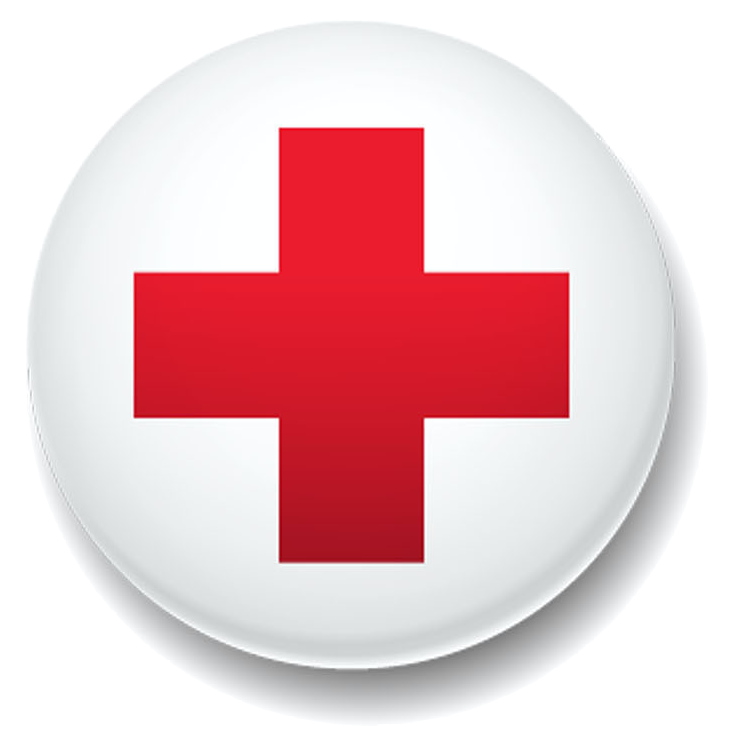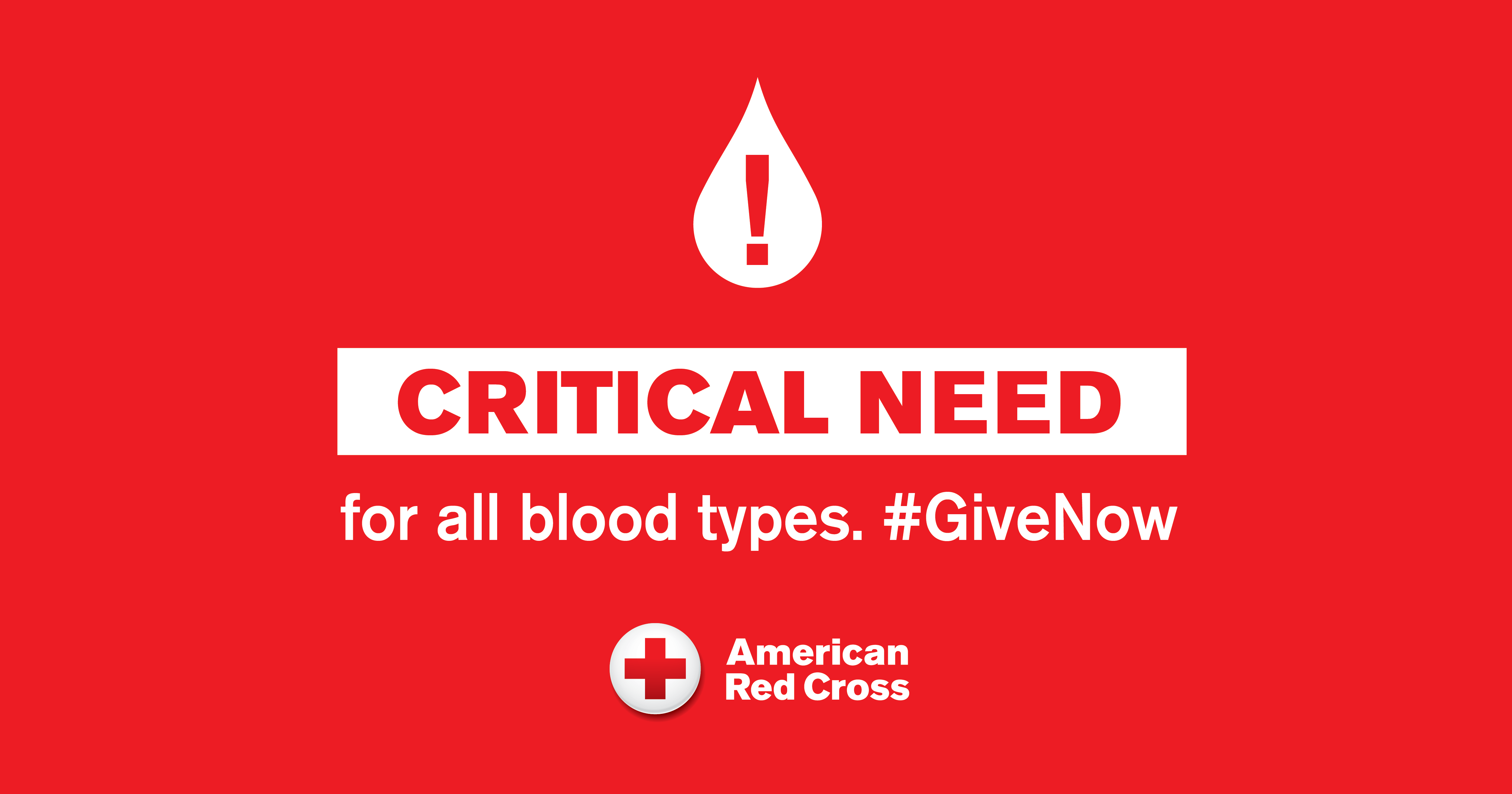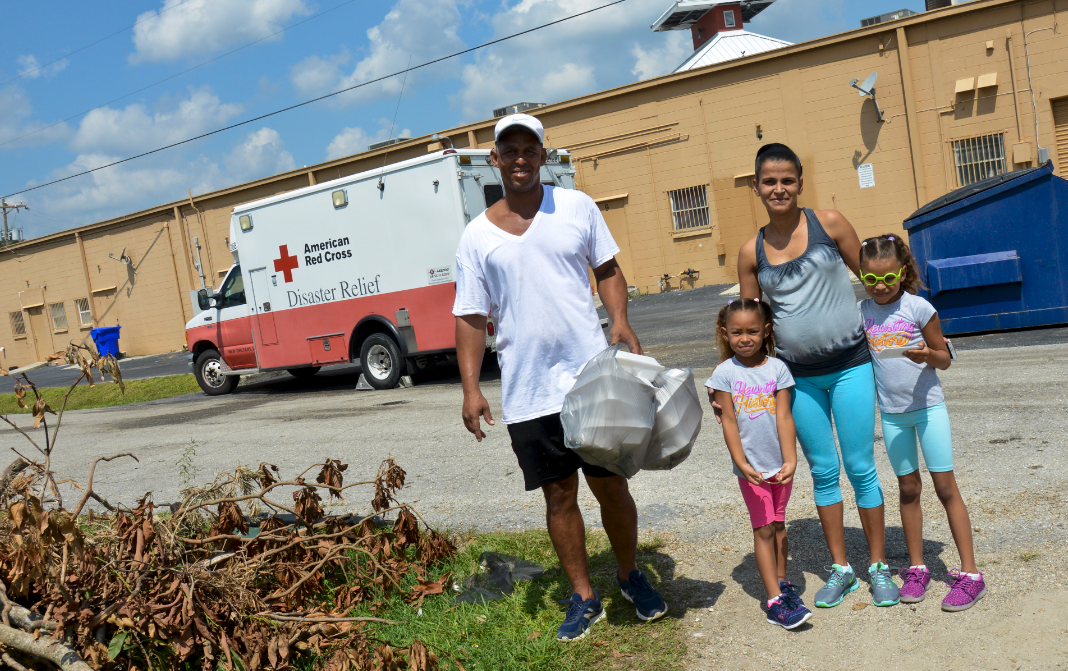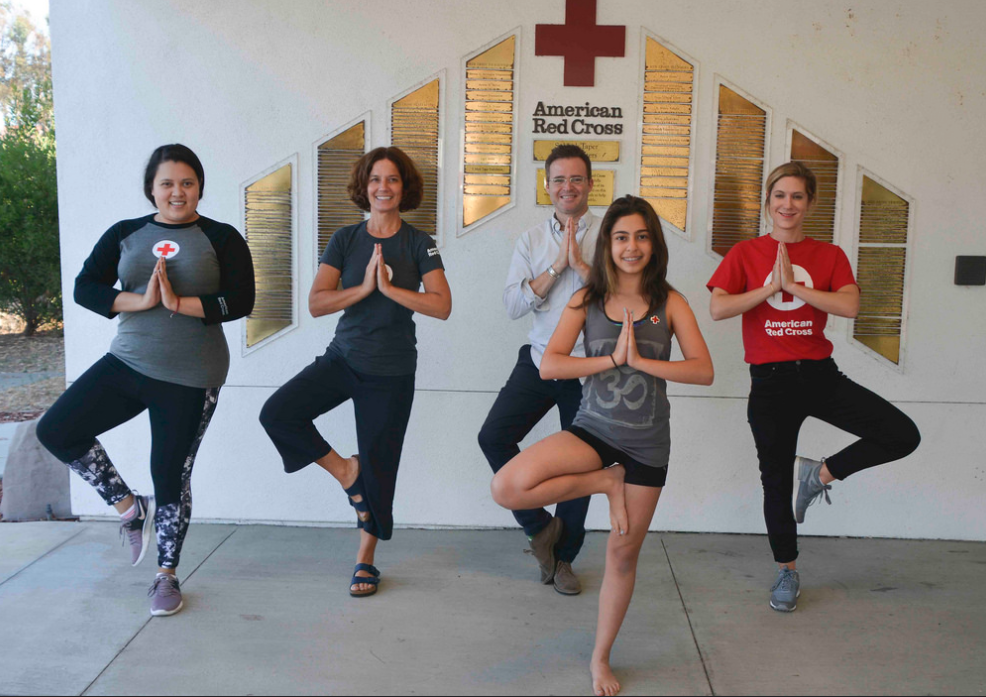By Ashley Henyan
In lieu of recent back-to-back devastating hurricanes, the Cambodian American Community in Long Beach joined hands and hearts in an act of communal compassion to raise funds and give back to people whose lives have been turned upside down. The fundraiser took place on September 28 at Legend Seafood and was organized by the Cambodian Community for Natural Disaster Victims. There, people from the Cambodian American Community gave all that they could to support Red Cross disaster relief efforts. For many of the individuals involved, their desire to give back to the Red Cross came as a direct thank you in appreciation for the work the International Committee of the Red Cross (ICRC) and Red Cross had done for them during one of the darkest periods in our world’s history, a time when survival was a goal and not a right, a time now know to all as the Killing Fields.
In Cambodia, beginning in 1970, from the moment the first civil war erupted, and then continuously for the next five years, it is estimated that more than 1 million people (and possibly as many as 2 million) died. You may even recall this inhumane series of events making its way onto the silver screen in 1984, in the appropriately titled feature, The Killing Fields.
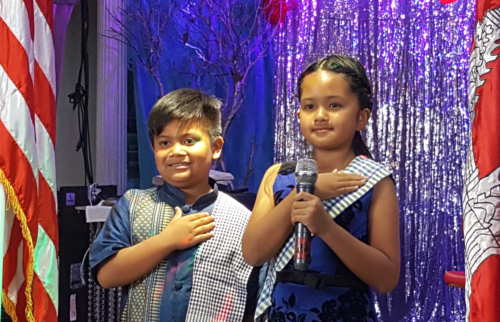
Although efforts to launch a large-scale humanitarian aid operation in Cambodia were slow and highly politicized, the ICRC and the Red Cross became well known and well respected throughout the country. Traditionally, the role of the ICRC is to visit prisoners of war and monitor their treatment in accordance with International Humanitarian Law. But, it was its role in helping families, who had fled for their lives across active war zones, survive in refugee camps that now places the Red Cross deep within the heart of the Cambodian Community.
Like Dr. SreyRam Kuy, for instance, who as a child escaped from Cambodia and, with her family, made her way across the border to a refugee camp. While living at the camps there was a bombing, and SreyRam and her mother were badly wounded. A volunteer Red Cross surgeon operated and saved both of their lives. SreyRam stated, “Because of him, I’m alive. And, that Red Cross doctor is the reason why I became a surgeon myself. I truly owe a debt of gratitude to him.”
And, Dr. Christina D. Lee, who after surviving the genocide in Cambodia and being orphan because of such a horrific event, knows exactly how it feels to be alone and in need of help. Because of her experiences, compassion for those who survive catastrophic disasters has been engrained in her spirit. On why supporting Red Cross disaster relief is so important, Dr. Lee stated, “My Cambodian American Community collectively experienced the same, and as a community we take action to help others in need. As a family practice medical doctor and minister, service is my calling. The Red Cross disaster relief program provides a solid platform whereby donations are efficiently utilized.”
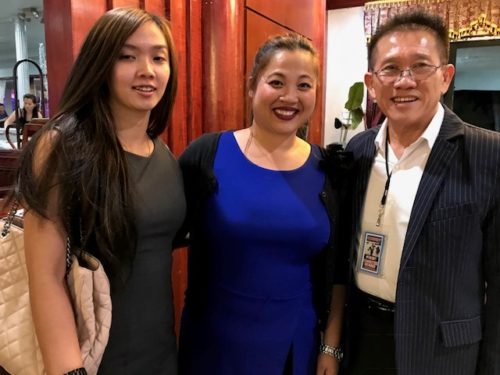
On October 25, with the support of former Long Beach Rio Hondo Chapter Board Member, Charles Song, the Cambodian Community for Natural Disaster Victims presented the Red Cross Los Angeles Region with a check in the amount of $10,254.54— the full amount raised during the September 28 event. Prior to living four years of his life in a refugee camp, Charles, at the young age of 12, was blown up by a hand grenade near the capital city of Phom Penh. There, he was left for dead. Charles stated, “I have always been inspired by the humanitarian mission of the International Red Cross, who’ve saved millions of lives, including my own.”
With this donation, the Red Cross can provide more than 2,050 blankets to people staying in shelters, or a full day of food and shelter for more than 200 people. But perhaps, the reason why the Cambodian American Community wanted to help the people affected by recent disasters can be best summed up with the words of Charles Song, “We know exactly what it feels like when someone needs help, so we have a special heartfelt connection to survivors. Hopefully, my community’s resilience will provide other survivors to know that better days are yet to come.”
